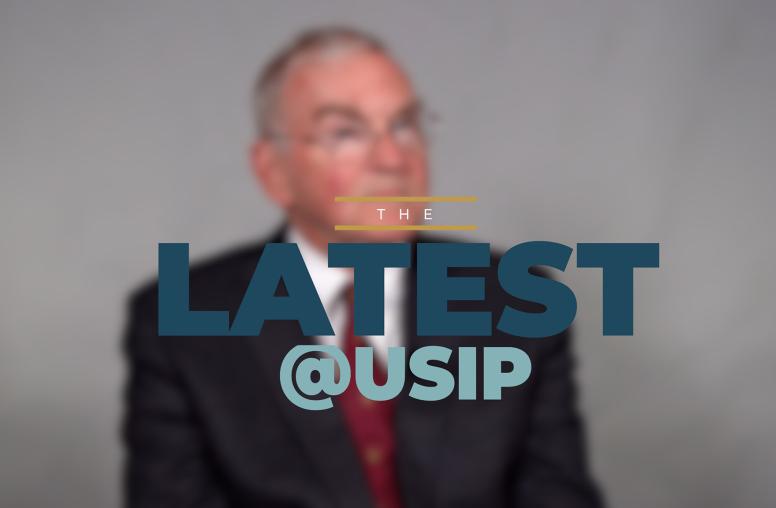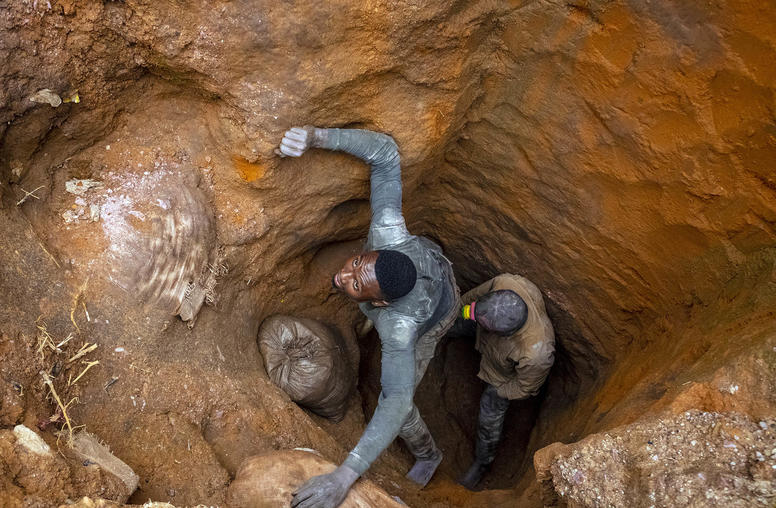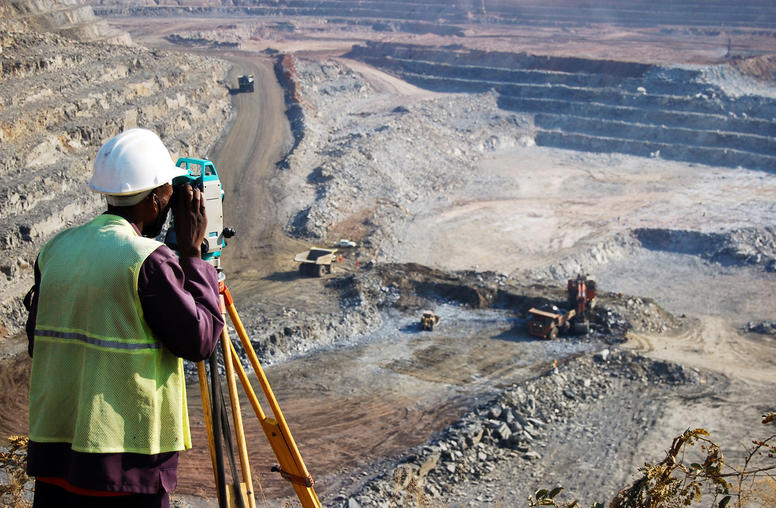Countering Illicit Funding of Terrorism: A Congressional Approach
A Bipartisan Congressional Dialogue Featuring Representative Steve Pearce (R-NM) and Representative Jim Himes (D-CT)
Read the event coverageCriminal and terrorist networks are exploiting today’s innovative technologies for their own gain, posing a direct threat to U.S. security and global stability. Illicit terrorist financing, including through bitcoin and other cryptocurrencies, are now being used to fund terrorist groups and circumvent U.S. sanctions. ISIS and rogue nation-states like North Korea, and regional powers like Iran and Russia, sanctioned for their role in conflicts, may also look to illicit financing in order to exploit the international financial system.
The National Security Strategy for 2018 says the United States will “use sophisticated investigative tools to disrupt the ability of criminals to use online marketplaces, cryptocurrencies, and other tools for illicit activities.” On April 17, Representative Steve Pearce (R-NM) and Representative Jim Himes (D-CT) will discuss the growing threat of illicit exploitation of online terrorist financial networks and steps the U.S. should take to improve security and reduce global conflict. Both members serve on the House Financial Services Subcommittee on Terrorism and Illicit Finance, where Rep. Pearce serves as chairman.
On April 17 as USIP's second Bipartisan Congressional Dialogue examined this problem in person and on Twitter with the hashtag #BipartisanUSIP.
Light refreshments will be provided.
Speakers
Nancy Lindborg, moderator
President, U.S. Institute of Peace
@nancylindborg
Rep. Steve Pearce (R-NM)
2nd Congressional District of New Mexico, U.S. House of Representatives
@RepStevePearce
Rep. Jim Himes (D-CT)
4th Congressional District of Connecticut, U.S. House of Representatives
@jahimes



